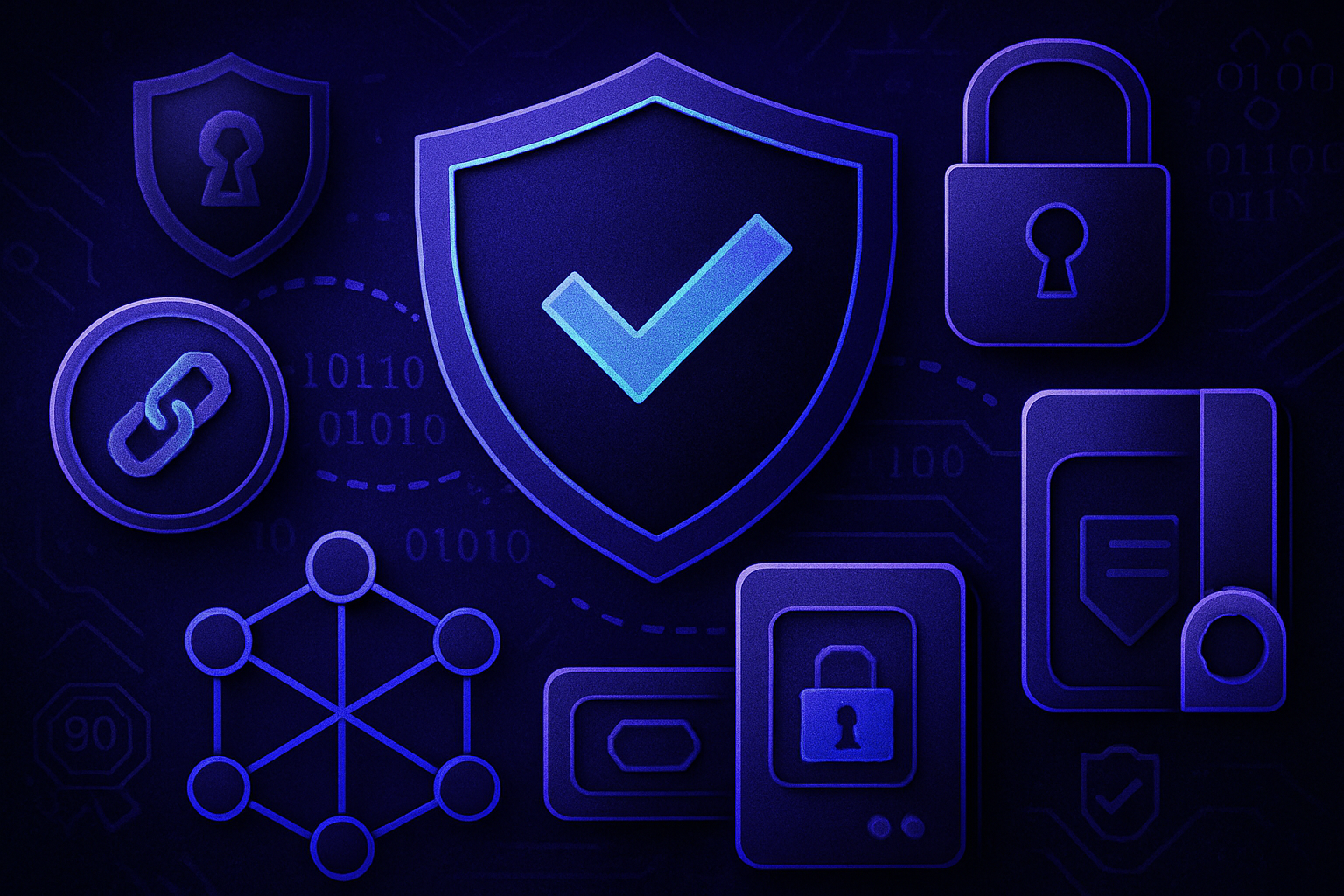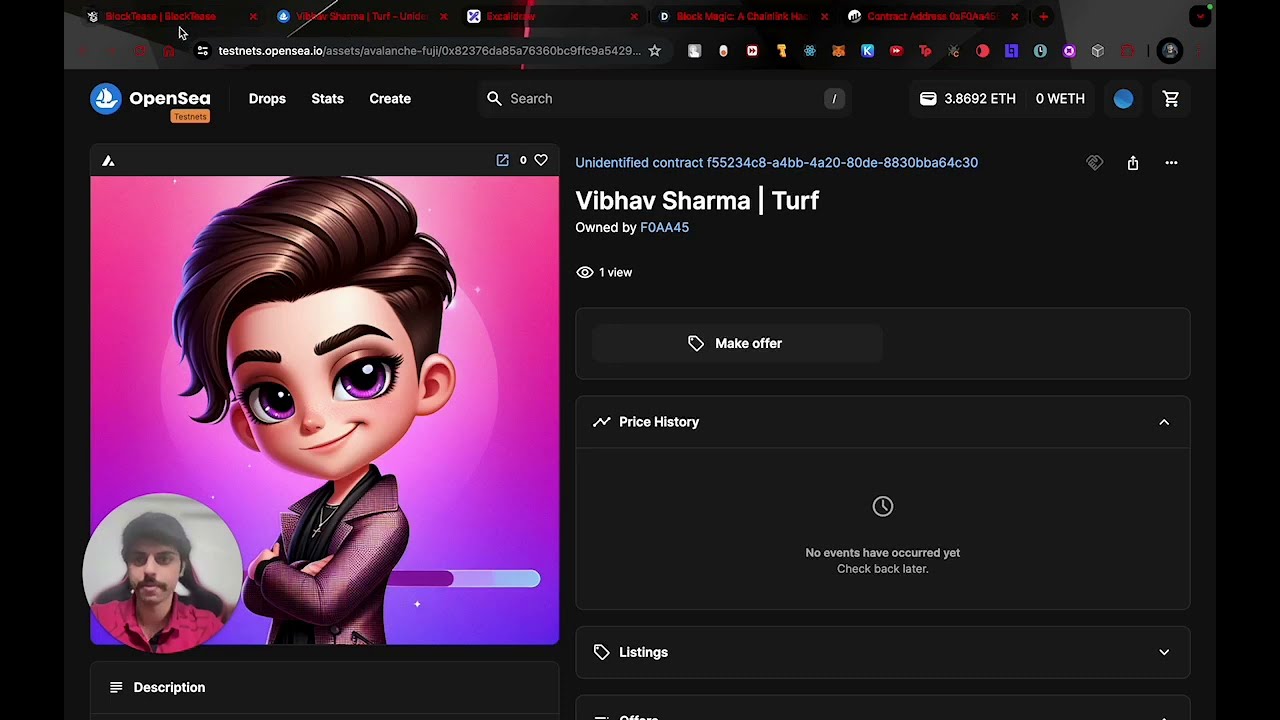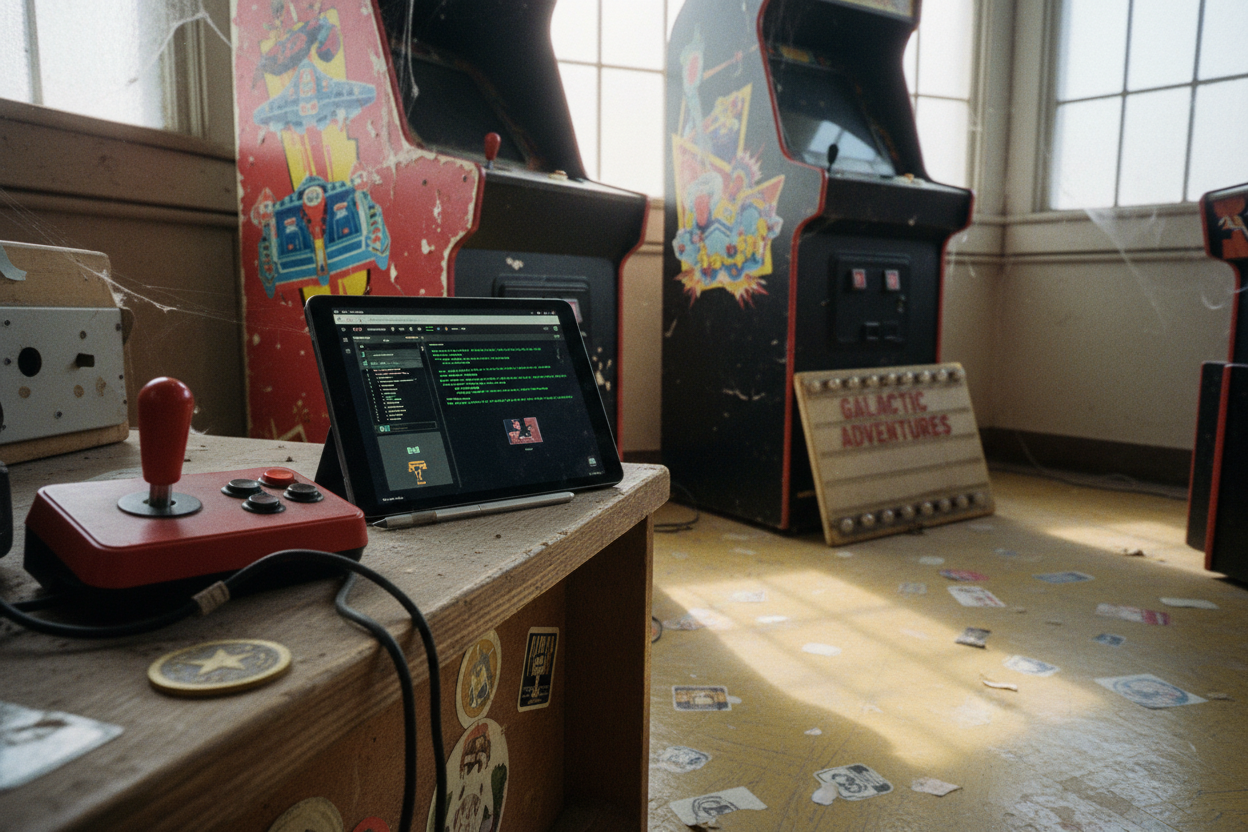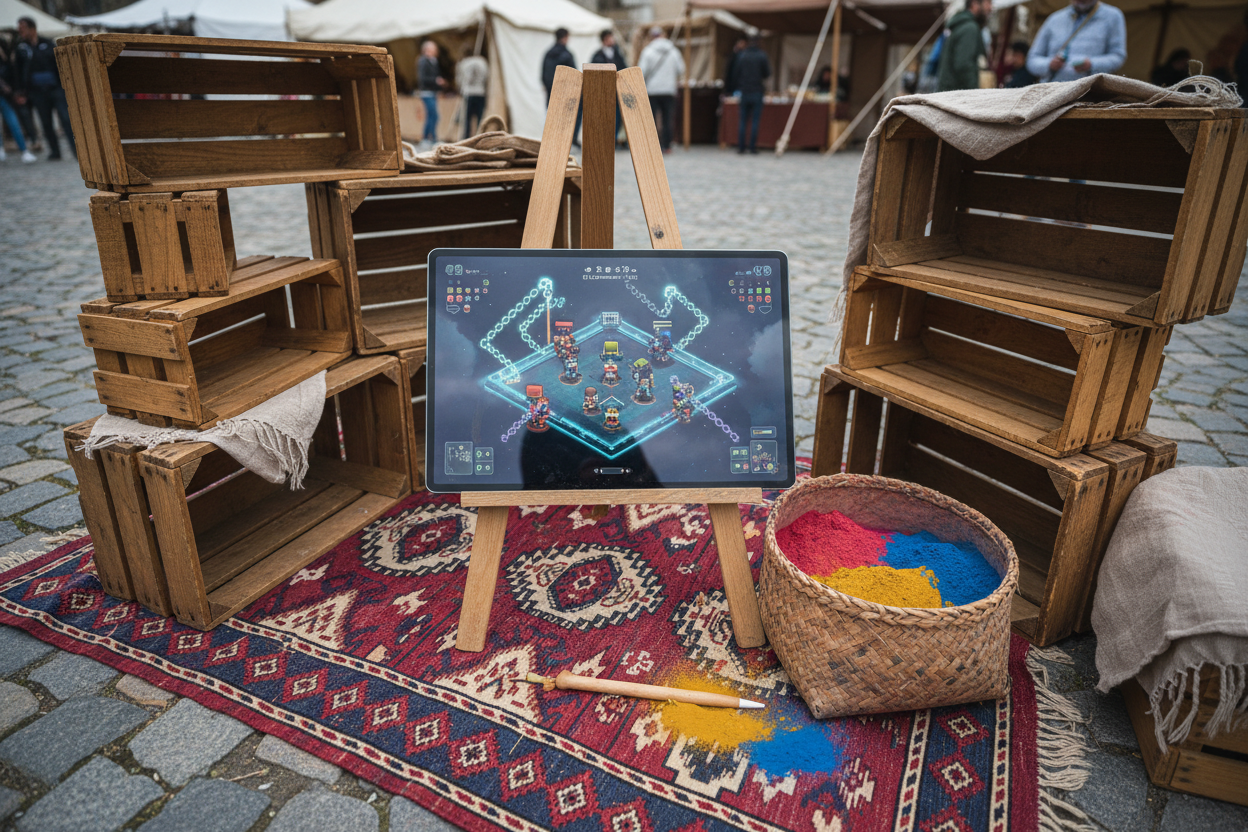Provably Fair On-Chain Lotteries: How Chainlink VRF and DAOs Are Reinventing Gaming Trust

Trust is the currency of gaming, and in the high-stakes world of on-chain lotteries, its value is non-negotiable. As blockchain adoption accelerates, platforms like Bullion Labs’ The Game DAO are rewriting the rules of fairness by leveraging cryptographic randomness and decentralized governance. Today, Chainlink VRF stands at the heart of this transformation, delivering provably fair outcomes that are transparent, auditable, and immune to manipulation. With Chainlink (LINK) currently trading at $18.26, the protocol’s growing adoption signals a rising demand for secure, verifiable randomness in blockchain games.

Chainlink VRF: The Backbone of Provably Fair On-Chain Lotteries
Randomness is the lifeblood of lottery systems, yet traditional platforms often rely on opaque, centralized solutions that undermine user trust. Chainlink VRF (Verifiable Random Function) solves this by generating cryptographically secure random numbers directly on-chain. Each draw produces not only a random output but also a cryptographic proof, which is instantly verifiable by anyone. This eliminates the risk of manipulation by insiders or third parties and ensures that every lottery participant has an equal shot at winning.
Bullion Labs’ The Game DAO exemplifies this innovation. By integrating Chainlink VRF, the platform guarantees that both winners and runner-ups in its multichain crypto lotteries are selected transparently. Regular on-chain checks enforce minimum balance requirements, while the randomness mechanism remains tamper-proof and independent from any single actor’s influence.
DAO Lottery Governance: Community Oversight Meets Smart Contracts
The rise of Decentralized Autonomous Organizations (DAOs) is fundamentally changing how on-chain games are governed. Rather than relying on centralized operators, DAOs distribute decision-making power among token holders, making the process transparent and community-driven. In platforms like The Game DAO, smart contracts handle everything from ticket sales to prize distribution, while DAO members vote on key parameters, upgrades, and even dispute resolution.
This dual-layered approach – combining verifiable randomness with decentralized governance – addresses two historic pain points: fairness in game outcomes and trust in platform management. Users no longer need to take a developer’s word for it; they can verify every step themselves on-chain.
Bullion Labs: A Case Study in Blockchain Gaming Transparency
Transparency isn’t just a buzzword for Bullion Labs – it’s a core design principle. Operating across Binance Smart Chain and Polygon, The Game DAO invites users to enter lotteries using USDT, with all transactions visible on-chain. Chainlink VRF v2, now live on Polygon, provides secure, low-cost access to randomness for developers building next-generation games.
What sets Bullion Labs apart is its commitment to open-source smart contracts, regular third-party audits, and a proactive approach to community engagement. Their use of Chainlink VRF is more than a technical choice; it’s a signal to users that fairness is mathematically enforced, not just promised.
As more platforms adopt these standards, the future of on-chain lottery gaming looks increasingly secure, transparent, and player-centric. In the sections ahead, we’ll dive deeper into technical mechanics, real-world user experiences, and the evolving role of DAOs in shaping blockchain gaming’s next chapter.







